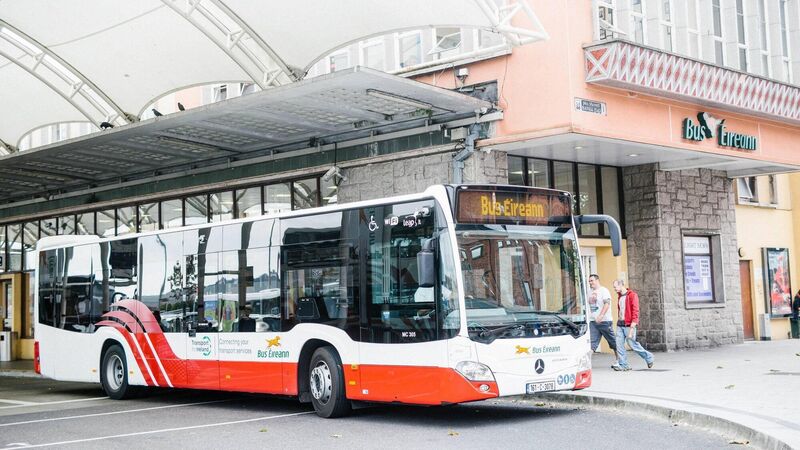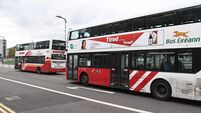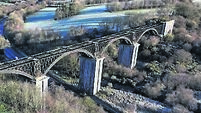Bus Éireann to ramp up driver recruitment in Cork City in bid to reverse service cuts

Bus Éireann blamed congestion, lack of enforcement of bus lanes, and a shortage of drivers for a reduction in services.
Bus Éireann is set to ramp up bus driver recruitment in Cork City in a bid to reverse service cuts caused by a driver shortage.
It is also hoping to recruit enough drivers over the next 12 months to ensure the rollout of the city’s proposed expanded network envisaged by BusConnects Cork.













